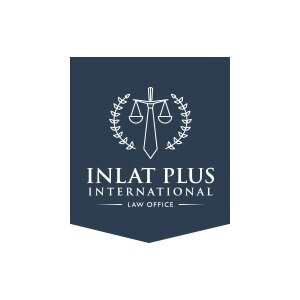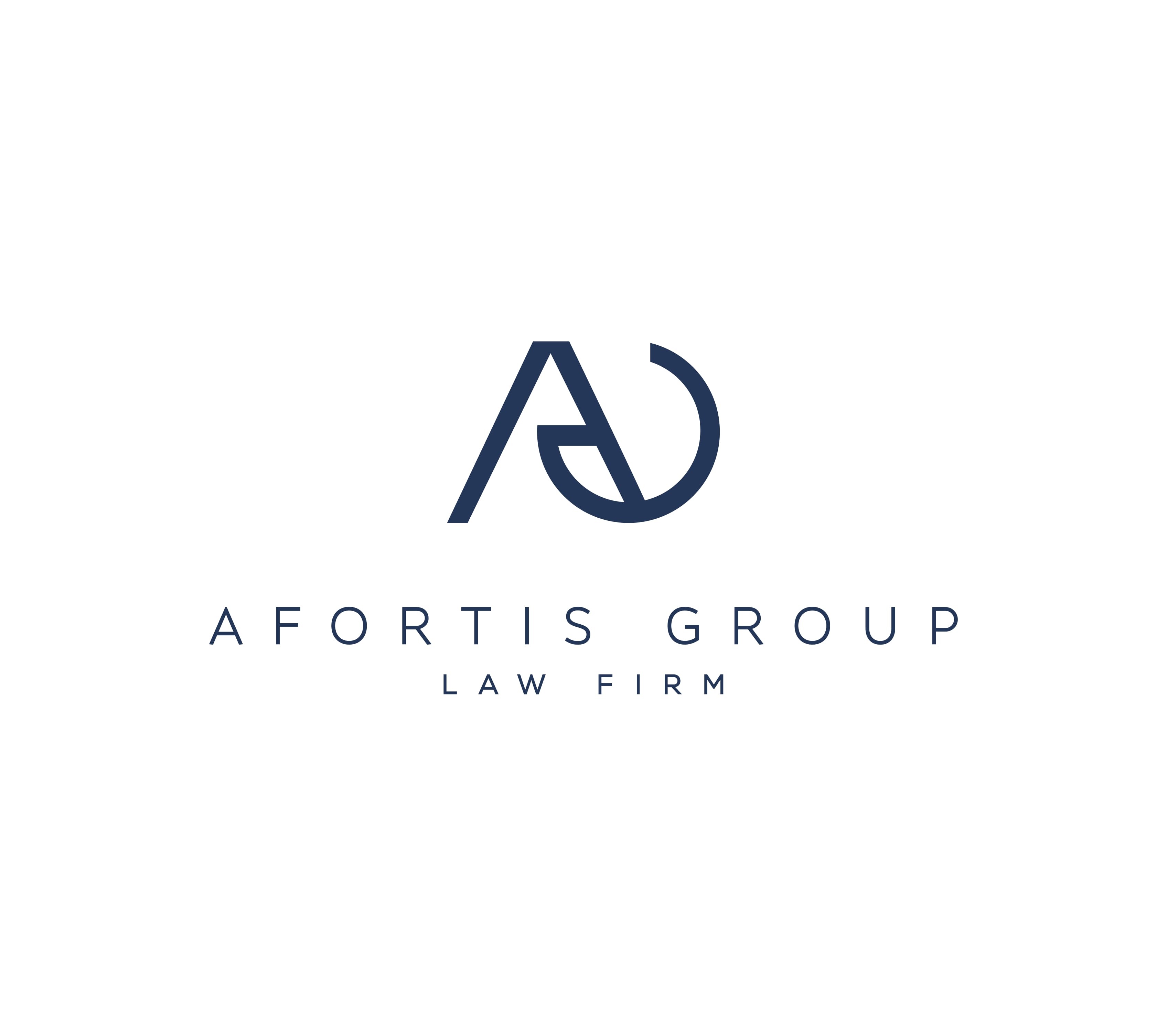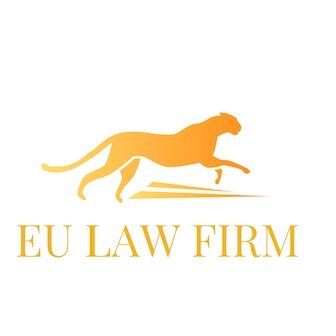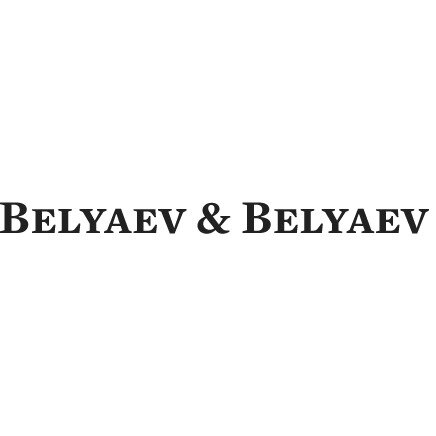Best Banking & Finance Lawyers in Latvia
Share your needs with us, get contacted by law firms.
Free. Takes 2 min.
Or refine your search by selecting a city:
List of the best lawyers in Latvia
About Banking & Finance Law in Latvia
Latvia, as a member of the European Union, has a well-regulated banking and finance sector that aligns with EU standards while also reflecting local legislation. The financial system in Latvia is diverse, consisting of various banks, credit unions, investment companies, and other financial service providers. The regulatory framework governing these institutions is designed to ensure stability, protect consumers, and encourage transparent market practices. The Financial and Capital Market Commission (FKTK) oversees the sector, ensuring compliance with national and EU regulations. The banking and finance market in Latvia has undergone significant reforms over the years, enhancing its resilience and attractiveness to both domestic and international investors.
Why You May Need a Lawyer
Legal assistance in banking and finance can be crucial in several scenarios. Individuals and businesses may need advice on regulatory compliance, assistance with navigating complex financial products, or guidance regarding investment opportunities. Common situations where legal help is necessary include:
- Establishing a business and requiring banking facilities.
- Facilitating mergers, acquisitions, or corporate finance deals.
- Resolving disputes with financial institutions.
- Dealing with bankruptcy proceedings or debt restructuring.
- Ensuring compliance with anti-money laundering regulations.
- Navigating cross-border banking and investment activities.
Having a lawyer with expertise in banking and finance can help navigate these complex landscapes and provide tailored solutions to meet specific legal and commercial needs.
Local Laws Overview
The banking and finance laws in Latvia are shaped by both national legislation and EU directives. Key aspects include:
- Banking Regulation: Governed by the Credit Institutions Law, which lays down rules for the establishment, operations, and supervision of banks.
- Anti-Money Laundering (AML): Financial institutions must adhere to stringent AML laws to prevent illicit financial flows, derived from the Anti-Money Laundering and Terrorism Financing Prevention Act.
- Securities and Investments: The law concerning securities markets is aimed at promoting fair and efficient markets, detailed in the Financial Instruments Market Law.
- Consumer Protection: The Consumer Rights Protection Law offers provisions to safeguard consumer interests in financial transactions.
These laws are complemented by regulations and guidance from the Financial and Capital Market Commission, which ensures the continued stability and integrity of the financial sector.
Frequently Asked Questions
What is the role of the Financial and Capital Market Commission (FKTK) in Latvia?
The FKTK is a regulatory body responsible for overseeing and ensuring the effective functioning and development of Latvian financial and capital markets by supervising and regulating the activities of financial institutions.
Are foreign investors allowed to open bank accounts in Latvia?
Yes, foreign investors can open bank accounts in Latvia, provided they comply with the due diligence processes established by Latvian banks, which include Know Your Customer (KYC) and AML checks.
What are the main types of financial institutions in Latvia?
Latvia hosts a range of financial institutions, including commercial banks, investment firms, insurance companies, and credit unions, each serving different aspects of financial needs.
How does Latvia regulate cryptocurrency and blockchain technology?
While cryptocurrency and blockchain are not yet fully regulated in Latvia, ongoing discussions and proposed EU regulations aim to establish clear guidelines. The FKTK provides guidance on their responsible use under existing financial laws.
What steps are involved in resolving a dispute with a bank in Latvia?
Typically, the dispute resolution process involves negotiation or mediation. If these methods fail, the matter may be escalated to the Consumer Rights Protection Centre and, if necessary, to the Latvia court system.
What are the reporting obligations for financial transactions in Latvia?
Financial institutions must report transactions exceeding a specified threshold to the Control Service, Latvia’s financial intelligence unit, under AML requirements.
How are mergers and acquisitions handled in Latvia’s banking sector?
M&A activities are regulated by numerous laws, including competition law and banking law, requiring compliance with FKTK regulations and approvals to ensure fair competition and market integrity.
Is Latvia compliant with international banking standards?
Yes, Latvia's banking laws align with international banking standards such as Basel III and EU directives to ensure financial system stability and robustness.
What protections exist for banking consumers in Latvia?
The Consumer Rights Protection Law provides safeguards by ensuring transparent contract terms, fair pricing, and mechanisms for consumer redress in disputes with financial service providers.
How can businesses ensure compliance with Latvian banking regulations?
Businesses can ensure compliance by keeping abreast of regulatory changes, conducting regular audits, and seeking legal counsel specializing in banking and finance law to navigate the regulatory environment effectively.
Additional Resources
For those seeking further information or assistance related to banking and finance law in Latvia, the following resources and institutions may be helpful:
- Financial and Capital Market Commission (FKTK): The main regulatory authority for financial and capital markets.
- Latvian Chamber of Commerce and Industry: Provides support and advice for business operations.
- Consumer Rights Protection Centre: Offers protection and dispute resolution services for consumers.
- Latvian Bar Association: Offers a directory of qualified lawyers who specialize in banking and finance law.
Next Steps
If you require legal assistance with banking and finance in Latvia, consider the following steps:
- Identify Your Needs: Clearly define the legal assistance you require, whether it’s for a specific transaction or general compliance advice.
- Consult a Specialist: Look for law firms or individual lawyers who specialize in banking and finance in Latvia, leveraging resources like the Latvian Bar Association directory.
- Prepare Documentation: Gather all relevant documents to provide a comprehensive overview of your situation to the legal advisor.
- Discuss Terms: Understand the lawyer’s terms, including fees, timelines, and scope of service, to ensure they align with your needs.
- Engage Actively: Maintain open communication with your legal advisor and ensure you understand all processes and decisions along the way.
Taking these steps can help ensure that you receive the best possible legal advice tailored to your specific needs in the banking and finance sector.
Lawzana helps you find the best lawyers and law firms in Latvia through a curated and pre-screened list of qualified legal professionals. Our platform offers rankings and detailed profiles of attorneys and law firms, allowing you to compare based on practice areas, including Banking & Finance, experience, and client feedback.
Each profile includes a description of the firm's areas of practice, client reviews, team members and partners, year of establishment, spoken languages, office locations, contact information, social media presence, and any published articles or resources. Most firms on our platform speak English and are experienced in both local and international legal matters.
Get a quote from top-rated law firms in Latvia — quickly, securely, and without unnecessary hassle.
Disclaimer:
The information provided on this page is for general informational purposes only and does not constitute legal advice. While we strive to ensure the accuracy and relevance of the content, legal information may change over time, and interpretations of the law can vary. You should always consult with a qualified legal professional for advice specific to your situation.
We disclaim all liability for actions taken or not taken based on the content of this page. If you believe any information is incorrect or outdated, please contact us, and we will review and update it where appropriate.
Browse banking & finance law firms by service in Latvia
Latvia Attorneys in related practice areas.
Browse banking & finance law firms by city in Latvia
Refine your search by selecting a city.

















